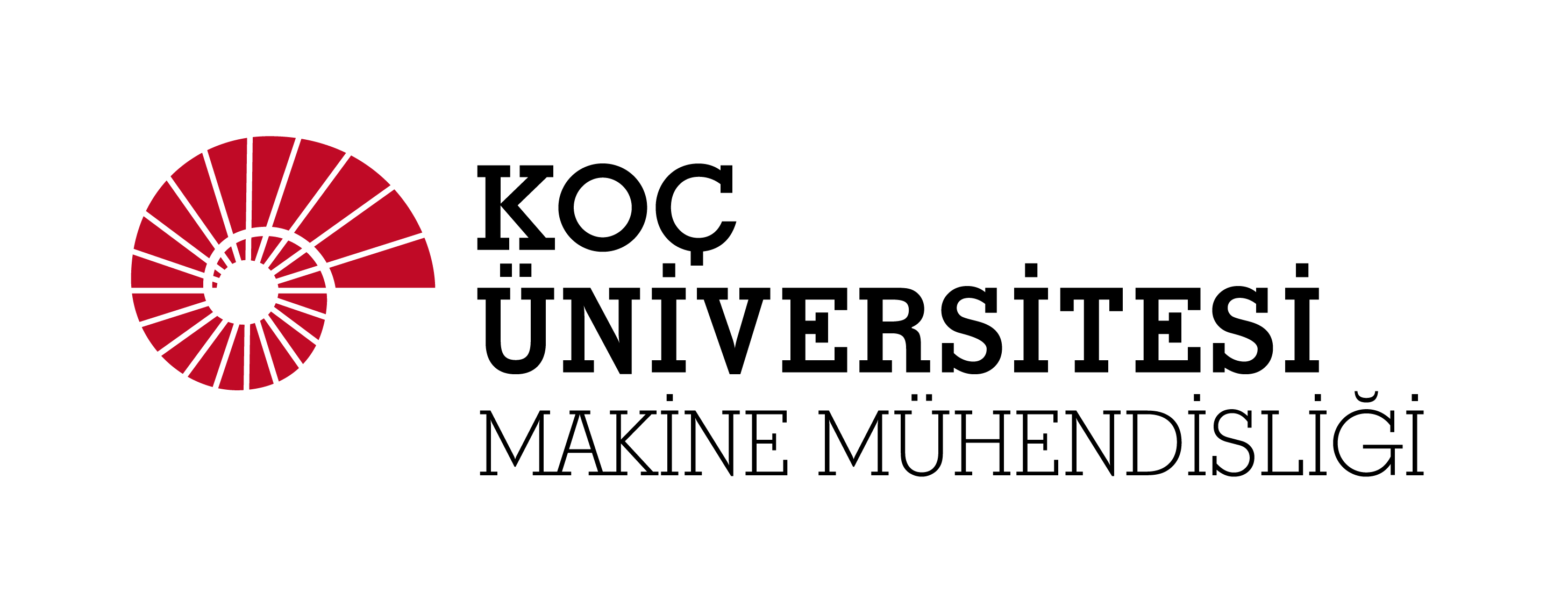PhD Program
Innovation in product design and manufacturing has become a major driver for industrial competitiveness and profitability in recent years. As enabling technologies become more easily accessible, engineers are faced with increasing demands for designing and producing more complex mechanical devices to serve the needs of the society. Next generation engineering products will be ‘smart’ with many functionalities; they will be made of new materials; they will increase energy efficiency and reduce environmental impact; they will vary in size from nano to mega scales; and they will be more closely integrated with information processing systems. Also as mechanical systems are becoming increasingly complex to analyse and expensive to experiment, more emphasis will have to be placed on computer aided analysis, design, verification and manufacturing. Our research program in mechanical engineering responds to these trends and focuses on basic research related to materials science and process engineering, product design, and information integrated manufacturing processes. In doing so applications to different physical processes are studied (e.g. energy systems, bioengineering, metal forming, polymer processing, discrete part manufacturing to name a few).
Degree Requirements
Students can apply to the Ph.D. programs with a B.S. or M.S. degree. The Ph.D. degree requires successful completion of 14 courses within 3 years and take the Qualifying Examination within 7th semester at latest beyond the B.S. degree and 7 courses within 2 years and take the Qualifying Examination within 5th semester at latest beyond the M.S. degree. In addition to the credit courses, students must complete the non-credit courses; ; KOLT 500: KOLT Graduate Teaching Assistant Training, MECH 590: Seminar, ENGL 500: Academic Writing, ETHR 500: Scientific Research Methods and Research and Publication Ethics, TEAC 500: Teaching Experience and MECH 695: PhD Thesis Course.
REGULATIONS FOR PhD QUALIFIER EXAM IN MECHANICAL ENGINEERING
- The Committee for the PhD Qualifier Exam schedules and evaluates the PhD Qualifying exam twice a year.
- The following faculty members work in the committee:
- Demircan Canadinç
- Mehmet Sayar
- Erdem Alaca
- İpek Başdoğan
- Murat Sözer
- Students who have completed their course requirements must take the exam as in the following:
- PhD students with an MS degree must take this exam latest by their 5th semester.
- PhD students with a BS degree must take this exam latest by their 7th semester.
- This exam has two parts: written and oral.
- If the student fails in the written part of the first exam, a second exam (both parts) is offered in the next semester.
- If the student fails in the oral part of the first exam, only the oral exam of the second exam is offered.
- The written part has content covered in the following undergraduate courses:
- MATH 203: Multivariable calculus; Vectors and Geometry of Space; Vector-Valued Functions and Motion in Space; Partial Derivatives; Multiple Integrals; Integrals and Vector Fields; (Textbook: Thomas Calculus)
- MATH 204: Introduction to differential equations, First order ordinary differential equations (ODEs), Second and higher order ODEs, Power series solution of ODEs, The Laplace transform, Systems of linear ODEs , Partial Differential equations (PDE’s) and Fourier Series
- MECH 201: Equilibrium of a Rigid Body; Structural Analysis (trusses, frames and machines); Mechanical Properties of Materials; Combined Loadings (superposition of axial load, torsion, bending, transverse shear and internal pressure; stresses on 2D and 3D elements); Stress Transformation (2D Mohr’s circle; principal normal stresses; max. shear stress).
- MECH 202: Atomic structure and interatomic bonding, Structure of crystalline solids, Imperfections and mechanical properties, Failure, Phase Diagrams
- MECH 204: First and second laws. Energy conservation and entropy. Analysis of engineering systems, such as refrigeration cycles and combustion engines. Vapor/liquid equilibrium,applications in mixture behaviours.
- MECH 206: 2D and 3D Dynamics of Rigid Body. Kinematics, Kinetics, Force & Acceleration, Work and Energy Principles, Impulse & Momentum.
- MECH 301: Basic concepts, hydrostatics, Bernoulli’s equation, fluid kinematics, integral relations and finite control volume analysis, differential relations, vorticity, stream function, potential flow, similitude and dimensional analysis, viscous flow in pipes and ducts and boundary layer theory.
- MECH 302: Steady state and transient conduction. Convection. Internal and external flows. Analysis and design of heat exchanger equipment.
- MECH 303: Failure theories, Fatigue, Threaded fasteners and power screws, Springs, Gears
- MECH 304: Mathematical modeling of dynamical systems, feedback control, stability analysis
- MECH 306: Materials: Mechanical and Physical Properties, Heat Treatments, Ferrous and Nonferrous Metals and Alloys, Polymers, Composite Materials; Manufacturing Processes: Metal-Casting, Rolling, Forging, Extrusion, Sheet-Metal Forming, Forming and Shaping of Plastics and Composite Materials, Rapid Prototyping, Turning, Milling, Engineering Metrology and Instrumentation.
- The students will solve a total of six problems in the written part: one from MATH 203, one from MATH 204, and any four from MECH 201 – 306 listed above.
- Each problem in the written part is 20 points; and the passing grade is 70/120. The exam result is announced as Pass/Fail.
- If the student passes the written part, then an oral exam is offered within two weeks. In this part, a committee of five jury members (including the student’s academic advisor and at least 2 non-KU faculty members) assigns a technical article related to the student’s research area. The student should prepare a 30-minute (max) presentation discussing the article. In the next 30 minutes, the student is expected to answer questions.
- Time of the exam: The written part is held on the third Friday of each semester (Fall and Spring). The oral exam is held within two weeks after the student is notified of her/his written exam result. The committee has the right to change this schedule at the beginning of each semester.
